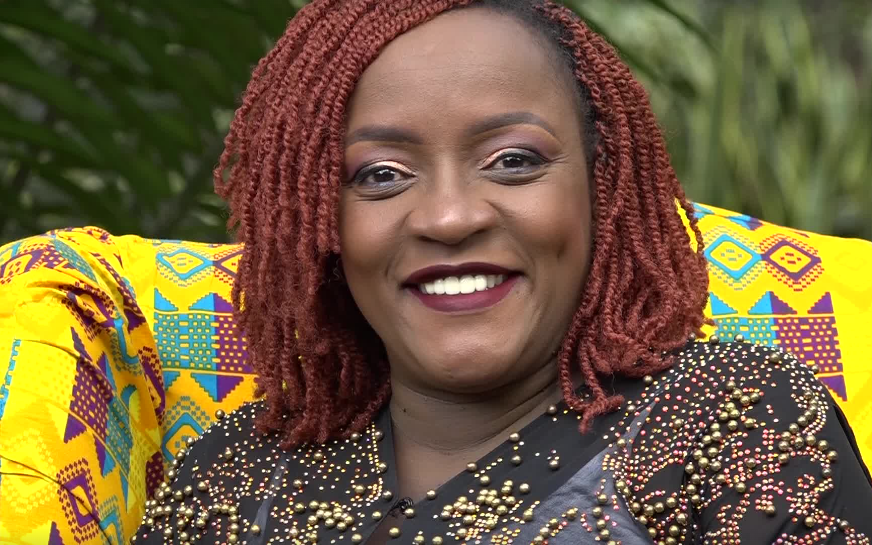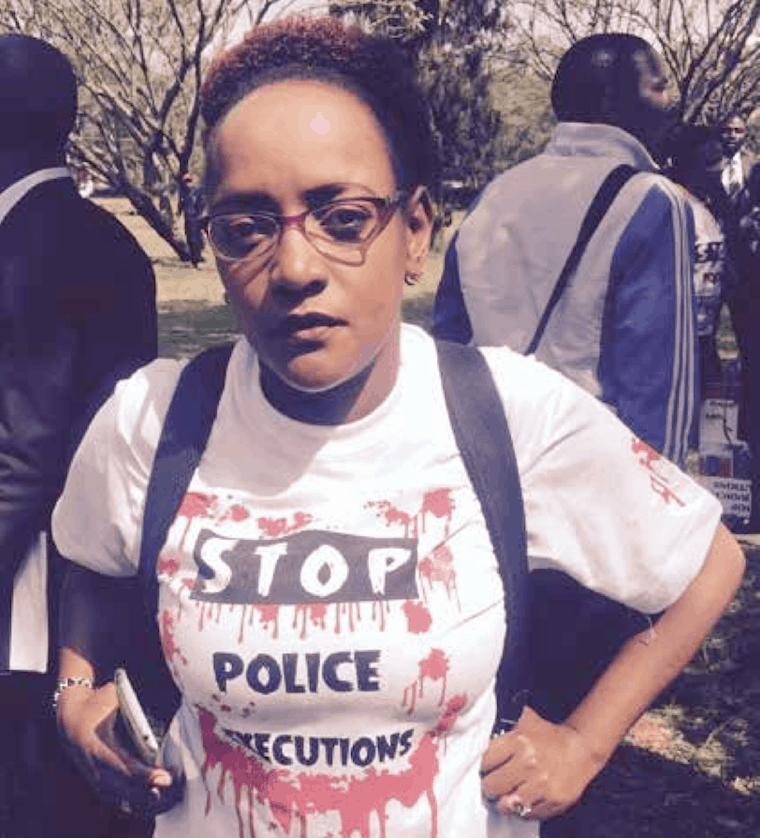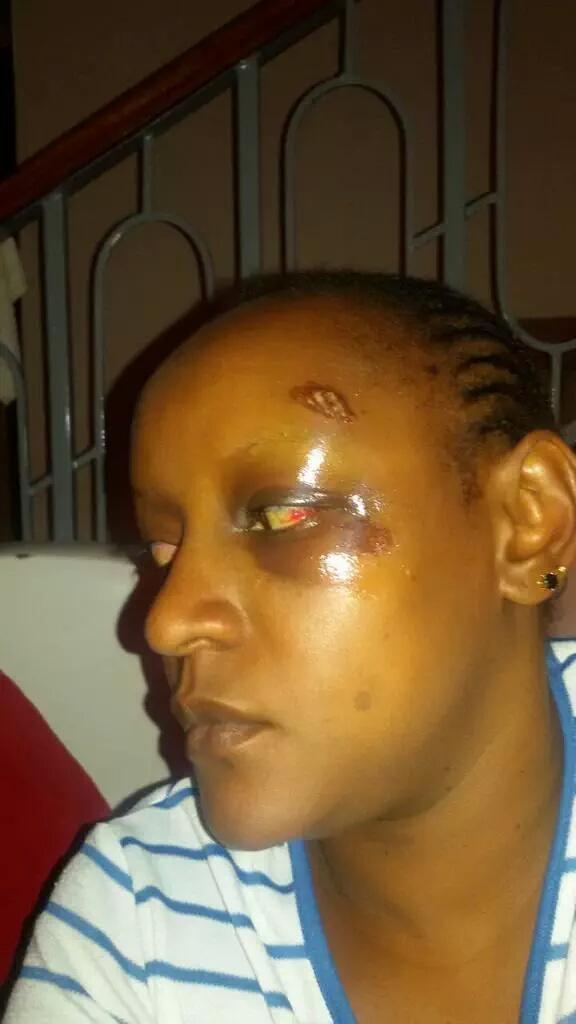
In Wanjeri’s view, “you don’t wake up and say, I’m going to be an activist, that is the career that I want. It doesn’t work like that really. You find yourself in these spaces because you’re angered by something or you want to change something.”
Many human rights activists, in different parts of the world, have been subject to violations of their human rights. They have been the target of executions, torture, beatings, arrests and detention, death threats, harassment and defamation, as well as restrictions on their freedoms of movement, expression, association and assembly.
Wanjeri Nderu, a wife and mother of three, fearlessly chose to walk this path as a human rights defender, describing it as a calling fueled only by passion.

What inspired Wanjeri to become a ‘social justice crusader’?
Her activism was heavily influenced by the era and the surroundings of her childhood and by her family. Her grandparents were Mau Mau, a militant African nationalist movement that originated in the 1950s among the Kikuyu people of Kenya, who fought to overthrow the British rule and remove European settlers from the country. This particularly led her to gain more knowledge about the Kenyan history.
Wanjeri studied broadcast journalism at the Kenya Institute of Mass Communications (KIMC) before beginning a career in 2005 in finance. She took a one-year break from employment as she began to develop a keen interest in tackling societal issues that were not amplified such as sexual abuse among the boy child.
The one-year hiatus shed light on many injustices in Kenya which led her to focus more on her activism.
The journey of Wanjeri’s campaigns
Wanjeri became part of some of the major protests and campaigns in the modern history of Kenya. Thanks to social media, she was able to use these spaces to fight for justice in the society. She used her skills as a media and communications expert to capture and build the narrative necessary to obtain public support for causes. She has run several campaigns which received a lot of support as well as rejection and online bullying. In various instances, Wanjeri has also experienced illegal surveillance and stalking, threats towards her and her family, intimidation and several illegal arrests.
In 2014 she was arrested for attending a peaceful protest against higher wages for MPs in Kenya.
In 2015 she was attacked by a man at a shopping mall in Nairobi’s Langata area, which left her face swollen and bruised. She came close to losing her eye. She believes she was attacked because of being vocal about corruption in Kenya. Despite reporting the assault incident to the police, the case remains unresolved to date.
“I had just entered my car then rolled down the window. That was at Langata mall, outside a supermarket called Cleanshelf at 8pm. Some well built, tall and dark man just approached me. I had seen him standing near my car but he was not a suspicious person. He then mumbled something like Wacha kelele, ama tutakumaliza (stop making noise otherwise we will kill you). He hit me on my left eye and walked away. He was not in a hurry to run or hide,” she narrated.

She started the #STOPTheseTHIEVES campaign in 2018 to mobilize and stop corruption and theft of public resources.
She also led the #SwitchOffKPLC campaign in 2018 in order to challenge injustices faced by electricity consumers in Kenya.
Wanjeri then later headed the #LindaKatiba campaign, an affirmation that stopped the Building Bridges Initiative (BBI) and resist to overthrow the will of the people of Kenya.
Despite al the attacks and hostility that Wanjeri received over the years, she continues to campaign for justice via social media.
Where does she get the driving force to continue?
“The public support I get is what keeps me going,” Wanjeri notes.
She appreciates the fact that more Kenyans are becoming vocal and are demanding accountability from the leaders on mismanagement of resources in Kenya.






